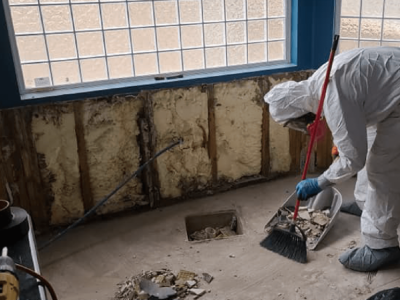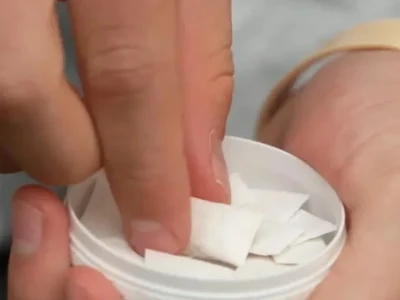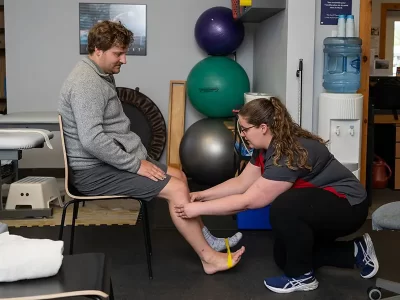Drug abuse, a pervasive issue across the globe, has far-reaching effects that extend beyond the individual user. The World Health Organization (WHO) estimates that more than 275 million people, or 5.6% of the global population used drugs at least once. The devastating consequences of drug abuse are not limited to the individual user’s health and social functioning, but also have significant impacts on their families and communities, causing a ripple effect of damage and disruption.
In this article, we’ll explore how drug abuse affects families and communities, highlighting the impact on each group.
The Effects of Drug Abuse on Families
Drug use often has a profound effect on family dynamics. Substance abuse can lead to strained relationships between family members, as well as increasing conflict and friction in the home. Parents or siblings may be unable to trust someone who abuses drugs, leading to a breakdown in communication and trust.
Research has shown that drug use can also lead to family violence, with substance abuse often cited as one of the major causes of intimate partner violence. Studies have found that when members of a household abuse alcohol or drugs, incidents of physical and psychological aggression between partners are more likely to occur compared to households where drug use is not present.
Additionally, families with a history of drug abuse can suffer from financial instability. Substance users often spend large amounts of money to buy drugs, which can lead to a variety of problems, such as debts, eviction notices, and other financial difficulties. This can ultimately create an unstable home environment for children in the household, increasing their risk of psychological issues and behavioral problems.
The Effects of Drug Abuse on Communities
The use of drugs doesn’t just affect families, but entire communities as well. Substance abuse can create a range of social problems, such as increased crime rates and poverty levels in areas where drug trafficking is prevalent. It also leads to higher healthcare costs associated with treating substance abusers or individuals involved in drug-related activities.
The presence of drugs can also disrupt local businesses, as customers may be afraid to frequent certain areas due to fear of drug-related violence or crime. Furthermore, the use of drugs can lead to a decrease in productivity, as substance users often become disengaged and unmotivated when using substances.
Strategies for Combating Substance Abuse in Families and Communities
Given the far-reaching effects of drug use on families and communities, it’s important to have effective strategies in place to address this issue. Investing in prevention programs is an important first step, as these can help educate individuals about the risks associated with substance abuse and provide support for those who may be vulnerable to using drugs.
Treatment programs can also be effective in helping individuals address their substance use disorder and cope with its underlying causes. In Boise, Idaho, for example, there are a variety of options available including specialized treatments that focus on mental health and other issues that may have contributed to substance use.
Rehab centers in Boise can provide individuals with comprehensive treatment programs, individual counseling, family therapy, and aftercare services. These services can help people work towards long-term sobriety and create healthier relationships with their families and communities. Learning new coping skills is a key part of this process, as this can help individuals manage stress and triggers without relying on drugs or alcohol.
Finally, engaging in community outreach programs is a great way to connect with those who are affected by drug abuse and provide them with resources to help support their recovery. These initiatives could include public awareness campaigns, educational materials for families, and activities such as sports teams or peer-support groups for young people.
Drug abuse is a serious issue with far-reaching effects, but with the right strategies in place, it is possible to reduce its impact on families and communities. By investing in prevention and treatment programs, creating social support systems, and engaging in community outreach initiatives, we can work towards creating healthier families and a brighter future for our communities.








Comments